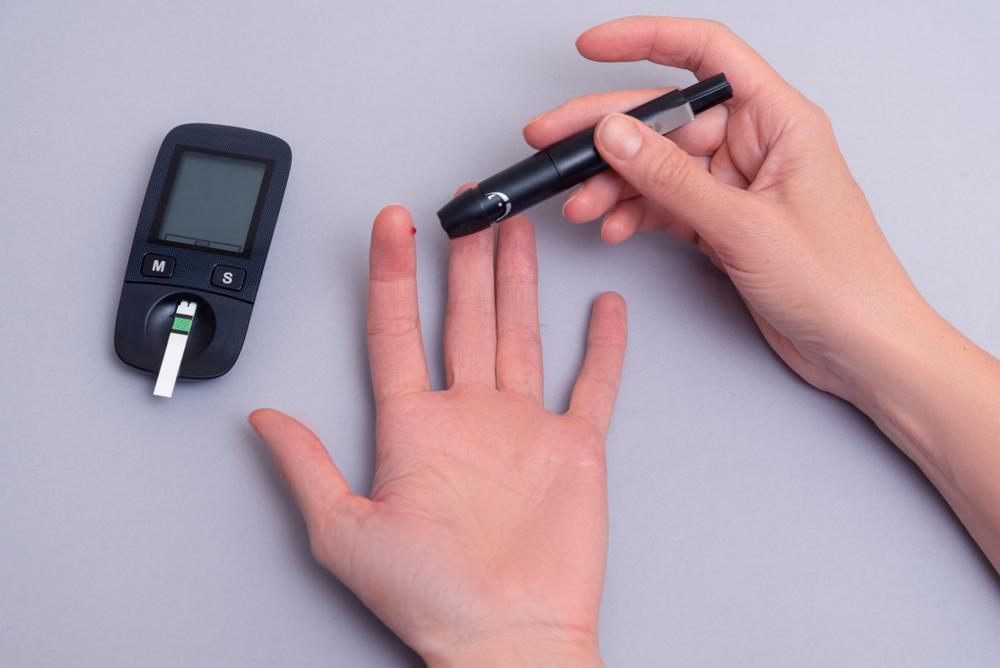"Empowering Parents: Navigating the Challenges of Managing Type 1 Diabetes in Children"
Managing Type 1 Diabetes in children can be an intricate and demanding journey for parents and caregivers. The constant need for monitoring, strict dietary control, and the necessity for multiple insulin injections or infusions daily can feel overwhelming, especially for those new to the diagnosis. However, armed with the proper knowledge and support, parents can guide their children toward leading healthy and fulfilling lives despite the challenges. This article aims to share valuable tips and insights for parents navigating the complexities of managing Type 1 Diabetes in their children.

Tip 1: Build a Support Network
For parents of children with Type 1 Diabetes, establishing a robust support network is paramount. This network should include a team of medical professionals such as endocrinologists, certified diabetes educators, and nutritionists who offer expert guidance. Emotional support is equally crucial, and this can come from family members, friends, or participation in local or online support groups. Connecting with others facing similar experiences can significantly alleviate the challenges of managing the disease.


Tip 2: Use Technology to Manage Blood Sugar Levels
Advancements in technology have revolutionized diabetes management. Continuous Glucose Monitoring (CGM) devices and insulin pumps have made monitoring blood sugar levels and administering insulin more efficient. Real-time data these devices provide empowers parents to make informed decisions about insulin dosages and detect potential issues like hypoglycemia before they escalate. However, using these technologies in conjunction with regular blood sugar checks is vital to ensure accuracy.
Tip 3: Educate Yourself and Your Child
Knowledge is a powerful tool in managing Type 1 Diabetes. Parents and caregivers should invest time in educating themselves about the disease, its symptoms, insulin administration, and strategies to prevent and address complications. Equally important is educating the child about their condition, imparting essential skills such as self-monitoring, insulin administration, and recognizing and addressing fluctuations in blood sugar levels.


Tip 4: Plan for Meals and Snacks
Dietary planning is a cornerstone in effectively managing Type 1 Diabetes. Collaborating with a nutritionist to develop a personalized meal plan that aligns with the child’s insulin regimen, activity level, and food preferences is crucial. Planning for meals and snacks and ensuring the availability of emergency supplies like glucose tablets provides a proactive approach to handling potential low blood sugar situations. Understanding the carbohydrate content of foods is also vital for adjusting insulin dosages accurately. Nurse Drea offers 1:1 nutrition counseling by registered Nurses to help support you through the journey. Please email Info@asknursedrea.com with any questions and schedule a free informational session. Place the words free session in the subject line.
Tip 5: Encourage Physical Activity
Physical activity is integral to overall health and blood sugar management. Parents should actively engage with their child’s healthcare team to develop a tailored exercise plan. Schedule your complimentary planning session with a member of the Nurse Drea team. The plan should encompass guidelines for preventing hypoglycemia during physical activity and adjusting insulin dosages accordingly. Monitoring blood sugar levels before, during, and after exercise ensures a comprehensive approach to maintaining optimal health.

Lorem ipsum dolor sit amet, consectetur adipiscing elit. Ut elit tellus, luctus nec ullamcorper mattis, pulvinar dapibus leo.
